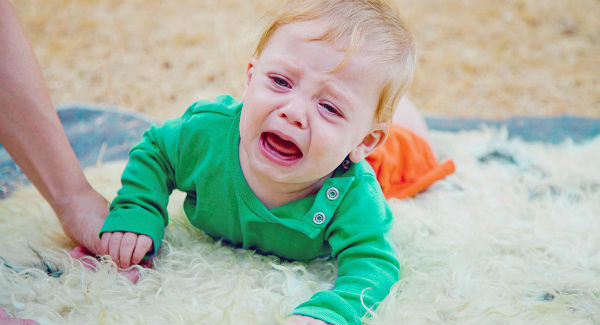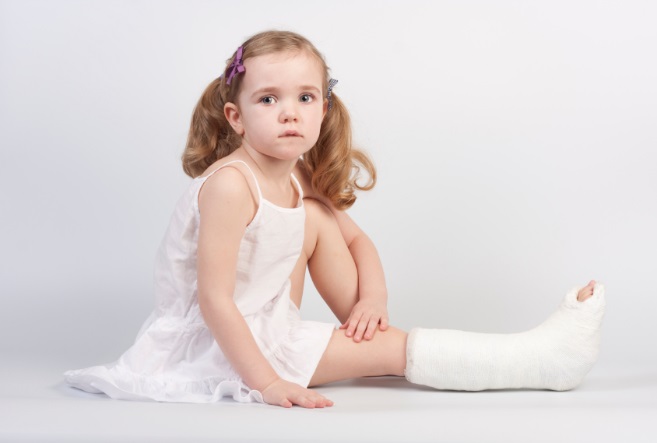It is very important for parents to know if they need to call emergency services when their children are sick or if they can handle the situation themselves.
We will present you the most common medical emergencies and how you should act.
1. Respiratory Distress – your child has difficulties breathing.
Respiratory distress is caused by choking, asthma, an infection, or pneumonia.
The signs are: coughing, wheezing, labored breathing, grunting, inability to talk, or turning blue.
You must call emergency services if:
– the rate of breathing is greater than 50 to 60 breaths/minute;
– your child is turning blue around the mouth;
– the situation is not improving.
2. Broken Bones
This is not life-threatening but you should take your child to a hospital for evaluation.
You must call emergency services:
– the injury is so bad and you can’t control the pain;
– the bone is sticking out of the skin;
– your child has trauma to the head or neck;
– your child’s consciousness is affected.
3. Vomiting and or Diarrhea
If your child becomes dehydrated (sunken eyes, dry mucus membranes, abnormally low amounts of urine), he/she should be seen by the doctor.
You must call emergency services:
– your child is unresponsive;
– he/she presents abdominal pain (this can be a sign of appendicitis or kidney stones).
4. Febrile Seizure
If your child has seizure, he/she should be seen by a doctor.
You must call emergency services if:
– the seizure doesn’t stop after three to five minutes;
– your child has difficulties breathing;
– your child is turning blue;
– your child doesn’t feel well after the seizure.
5. Falls
Falls are very dangerous because they can injure the head, spine, or internal organs.
You must call emergency services if:
– your child vomits more than once;
– he or she loses consciousness.
– the child complains of numbness or tingling.
– you suspect internal injuries.
– you suspect an injury to the neck or spine.
6. Cuts/Bleeding
If your child bleeds, you must apply pressure on the wound. If he/she needs stitches, you have to take him/her to the doctor.
You must call emergency services if:
– your child has a bleeding disorder;
– you can’t stop the bleeding.
7. Possible poisoning
If you suspect a poisoning, you must call immediately Poison Control.
You must call emergency services if:
– your child is unresponsive;
– Poison Control advises it.
Have you been in any of these situations?




Dealing with my kid’s emergency was a challenge when he fell from the bed and hit his head. You can imagine what followed. He started crying and hasn’t stopped until we’ve arrived at the hospital.
All these things sound pretty scary. I hope my kid will not go through something like this.
I am overprotective with my child. He once fell from a ladder and I didn’t wait for any symptoms. I took him straight to the hospital!